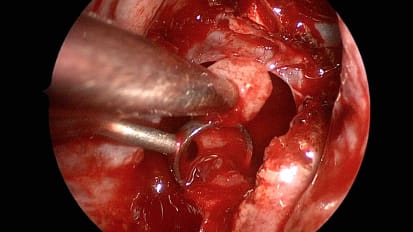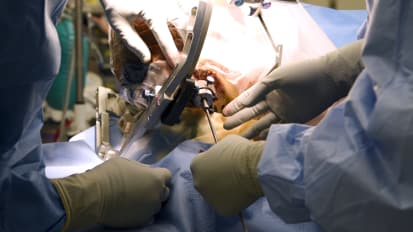William Alexander Vandergrift, M.D.

William Vandergrift, M.D., is an associate professor in the Department of Neurosurgery at MUSC. He trained at the Medical University of South Carolina for neurosurgical residency and at the John Wayne Cancer Institute in Santa Monica, California, for fellowship in minimally invasive brain surgery. His medical school training was completed at the Medical College of Georgia in Augusta. He has a mechanical engineering degree from the Georgia Institute of Technology.
Dr. Vandergrift takes care of patients with brain and spine disorders. He has a special interest in brain tumors and skull base surgery for tumors including pituitary tumors, acoustic neuromas, meningiomas and gliomas. He also works with the epilepsy team to perform surgery for intractable epilepsy including laser ablations, open resections and vagal nerve stimulators.





